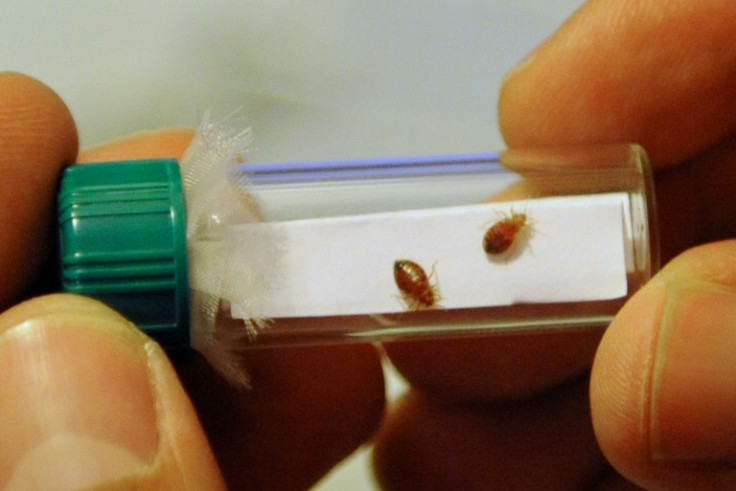Bedbugs May Have Been Brought To England By Romans, Claims Report
The UK witnessed a 65 per cent increase in bedbug infestations between 2022 and 2023.

Archaeologists in the UK are claiming that the Romans may have brought bedbugs to the country.
The claims have been made by the archaeologists working at Vindolanda, a Roman garrison site located south of Hadrian's Wall in Northumberland. Vindolanda is one of the most important Roman archaeological sites in Europe, with live excavations taking place every year.
One of the people working at the site found thoraces dating back to around AD100. They believe that the thoraces came from the common bedbug known by its Latin name, Cimex lectularius, according to a report in The Guardian.
The discovery was made by a 24-year-old student, Katie Wyse Jackson, who was among the people working on the excavated material.
"It's very likely they came with whatever the Romans were bringing over. Today, we see bedbugs travelling on aeroplanes in luggage, in clothes," Jackson told the publication.
"The Romans were bringing over clothes, straw, grain in great quantities as they were setting up their camps. So it's the perfect opportunity for one or two bedbugs to hitchhike over".
Dr. Stephen Davis, who was part of the specialist team, claimed that thoraces were earlier found in Alcester in Warwickshire, another Roman site in England. He added that the ones found in Vindolanda would be "the earliest found in Britain so far".
The UK has reported a resurgence of bedbug infestations over the last few months.
Bedbugs in London? 😩 pic.twitter.com/MuZGl20ahM
— Kayomikun Badaru (@BadaruKayomikun) October 15, 2023
Last year, a video showing a bedbug on a passenger's leg on the London Underground's Victoria Line caused panic among residents of London, prompting local authorities to order the cleaning of tubes and buses.
The city's mayor, Sadiq Khan, went on to claim that bedbugs had become a real source of concern.
Bedbugs are parasitic insects that feed on blood and are mostly active in the dark at night. Experts warn that the bugs should be taken seriously, even if they are not life-threatening to humans.
Bedbugs had largely disappeared by the 1950s. However, they began to reappear in the last few decades. They spread to other places by attaching themselves to clothes or luggage. Increased trade, travel, tourism, and immigration are some of the factors that have led to the spread of these small insects.
They can be present in mattresses but also in clothes and luggage and come out at night to feed on human blood. They also often lead to psychological distress, sleeping issues, anxiety and depression.
The UK witnessed a 65 per cent increase in bedbug infestations between 2022 and 2023. Experts believe that these bugs are also becoming resistant to insecticides.
© Copyright IBTimes 2025. All rights reserved.






















